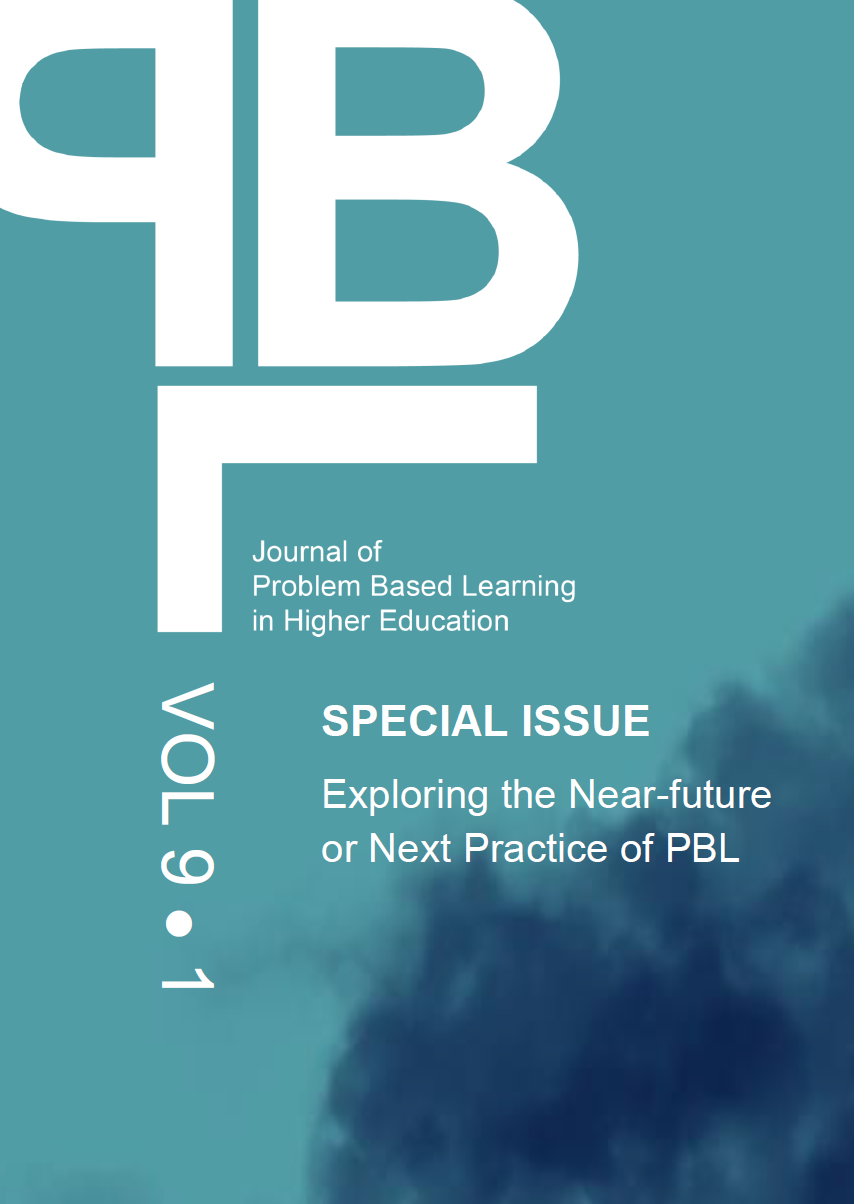Abstract
This paper proposes a systematic approach to the analysis of the prevalence of generic competences in formal problem-based learning (PBL) curricula at higher education institutions and universities in which generic competences are an integral and integrated part of the curriculum, with a particular focus on how the generic competences are specified explicitly in the curriculum. A case study on the implementation of PBL competences at Aalborg University (AAU) shows, that the dialectic relationship between knowledge and practice is limited after the first semester, with the risk that both knowledge, skills, and competences related to PBL become tacit and thus might be less easily expressed and related to the development of a professional identity. Based on this we argue that revision of the formal curricula must support students with theoretical knowledge on PBL, project management, and group collaboration throughout the study to accommodate a greater variety in types of problems, projects, and complexity. This calls for further elaboration of ‘generic’ competence frameworks and points to challenges and potentials for near-future and next practice curriculum development particularly with attention to the concept of progression, thus providing a benchmark for future research assessing the integration of PBL competences in formal curricula.
Articles published in Journal of Problem Based Learning in Higher Education are following the license Creative Commons Attribution 4.0 (CC-BY)
Authors retain copyright and grant the journal right of first publication with the work simultaneously licensed under a Creative Commons Attribution 4.0 International License (CC-BY). Further information about Creative Commons
